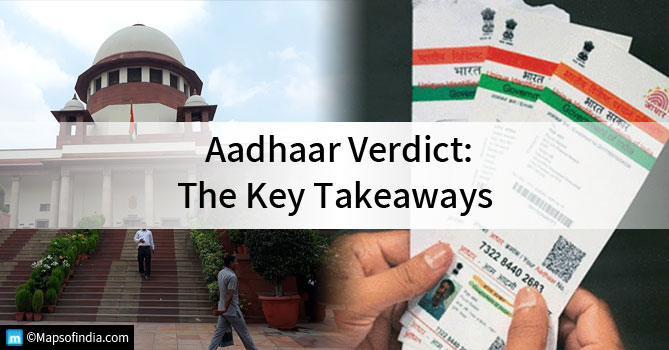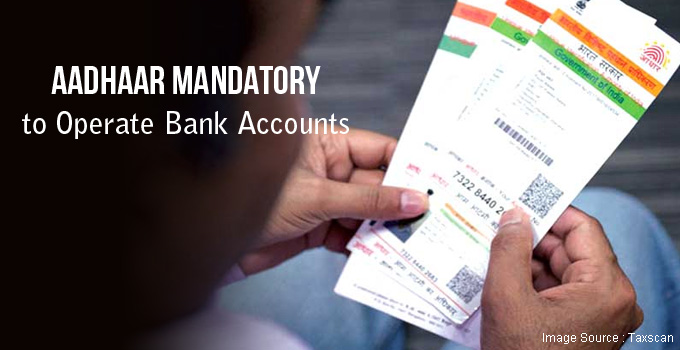
After months of a tussle over the privacy issues associated with the Aadhaar ID, finally, the Supreme Court has given its verdict today. A five-judge bench, headed by Chief Justice of India Dipak Misra declared Aadhaar ID as constitutionally valid and rescinding Section 33(2), 47 & 57 of the Aadhaar Act relating the usage of the document.
The decision of the apex court came after 38-days of hearing subsequent to the filing of the petition on May 10. The petition filed talked about the three aspects – the validity of the Aadhaar Act, 2016; whether the government is authorized to ask for the demographic information and biometric details from every resident of India; and if the privacy of the citizen is his fundamental right or not.
In response to these arguments in the petition, Justice A K Sikri said proportionality is to be adjudged on the basis of the norms such as the expectation of privacy, compelling state interest, and the larger public interest. He further added that Aadhaar gives dignity to the marginalized sections of the society and therefore the interests outweigh the concerns. The data collected by Aadhaar are minimal, it serves a much larger public interest.
The key highlights of the verdict of the apex court are-
- The Supreme Court revoked Section 57 of the Aadhaar Act, which stated that the private companies and individuals cannot ask for the consumer’s Aadhaar details to provide consumer services.
- The apex Court invalidated Section 33 (2) which talked about sharing of your Aadhaar details with the security agencies in the name of safeguarding national security.
- According to Section 47 of the Aadhaar Act, previously, only the government has the authority to complain about the theft of Aadhaar details. But now, as per the verdict, individuals can also file complaints in case of theft of their Aadhaar data.
- Aadhaar is not compulsory for mobile connections.
- Aadhaar is not mandatory for opening or linking of bank accounts.
- Aadhaar is a requisite when applying for a PAN card and filling Income Tax returns.
- As per the ruling of the apex court, authentication records cannot be stored for over six months.
- Schools cannot ask for the Aadhaar details of children for admissions.
- CBSE, NEET, UGC cannot make Aadhaar mandatory.
- Supreme Court has nullified the National Security Exception. Now a judicial warrant would be required by the investigating agencies to access the Aadhaar data of a person under investigation.




